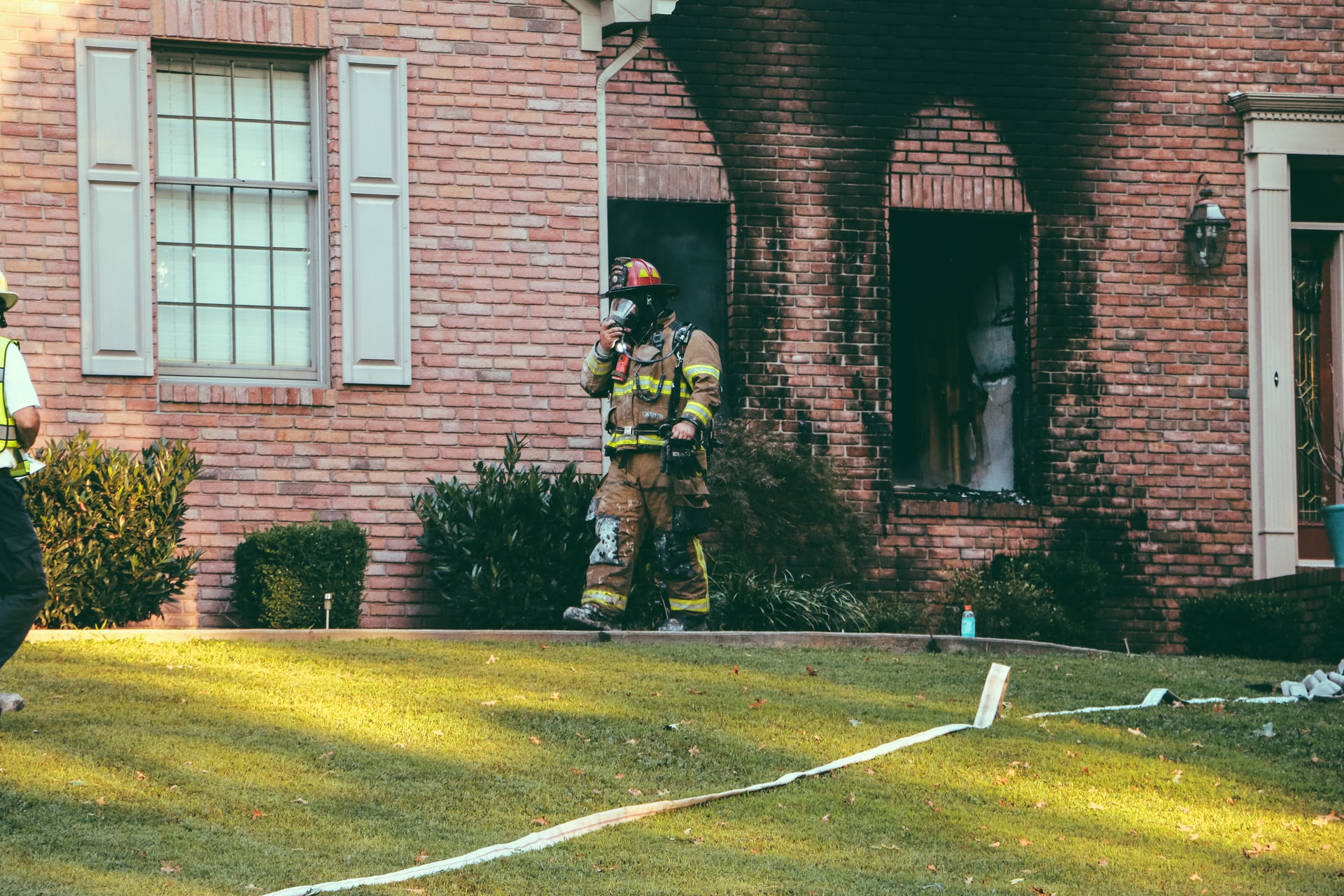Insurance is one of the most important purchases that people make, whether it concerns their home, car, or health. The hope behind insurance is that should anything happen to whatever they have insured, they will be fairly compensated. Sometimes insurers and their customers cannot agree on appropriate compensation. This can lead to insurance litigation, which can be costly and time-consuming for all involved. What happens when an insurer offers compensation, which is accepted, only to have the insured later claim that the compensation offered was not sufficient? Such a situation is what led to a recent trial heard by the Ontario Superior Court of Justice.
Couple’s home suffers damage in a fire
The plaintiffs in the matter lived at a home purchased by “LG.” The home was insured by the defendant corporation. The three-bedroom home, which also contained a basement apartment, was damaged by a fire. As a result of the fire, LG contacted the defendant adjuster and reached a full and final release with the insurer, providing her with financial compensation. The settlement was for $79,500, just over $39,000 of which was released following an initial payment of the remainder for construction costs. However, LG eventually came to claim that the settlement and release were grossly unfair and were the result of an “overwhelming imbalance” in the bargaining power between the parties, adding that the adjuster failed to properly represent her interests in negotiations with the insurer. Both the insurer and the adjuster deny these claims and requested summary judgment in their favour.
Plaintiff seeks additional compensation
LG’s primary position was that she should receive additional payments, primarily because she was not informed that the $79,500 settlement was inclusive of $35,000 which had already been provided to fund repairs to the home.
The defendants claim that the language of the full and final release was clear and that the funds released applied to “any and all known and unknown losses and damages” in addition to “any future losses and damages not now known or anticipated.” However, the plaintiff argued that the release, to her understanding, was not meant to be final, but was instead provided on an interim basis as work to repair the damage was still underway.
In making an argument that the process used to reach the settlement was not fair, the plaintiffs stated there was not sufficient detail shared with them on how the valuations were arrived at and broken down. The court agreed, writing,
“There is no evidence that (the adjuster) adequately, or at all, enumerated or assessed the Plaintiffs’ claimed damages, including replacement costs for personal contents damaged or destroyed as a result of the fire and the additional living expenses associated with having to secure new living accommodations while remediation to the Property was ongoing to December 2017.”
The adjuster claimed that they explained the release would settle all claims under the property, including those related to additional living expenses. However, the adjuster was unable to say whether certain terms such as “replacement cost basis” meant, or expressly say that absolutely no other funds would be made available. There was also no evidence provided to establish that the plaintiff was made aware that the release was inclusive of funds that had already been dispersed. In fact, the court found that there were no notes, records, emails, or correspondence of any kind to back up the defendants’ claims that the plaintiffs were provided explanations.
Should a summary judgment be issued?
The court noted that summary judgment cannot be issued if there is a genuine issue for trial. In this case, the court found there to be several. One of the biggest contributors to there being a genuine issue was the failure of the defendants’ evidence to corroborate what they shared under direct and cross-examination.
At the same time, the plaintiffs had hoped for a finding that the defendants were negligent in providing the standard of care they were responsible for. While the plaintiffs stated that the actions of the defendants are so egregious that it is obvious the standard of care has not been met, it is still necessary for them to precisely state what the parameters are for the standard of care. The court found that since “the plaintiffs have not adduced any evidence on the standard of care expected, the plaintiffs cannot meet their burden to show a genuine issue for trial regarding the standard of care.” As a result of this finding, the plaintiffs will have the opportunity to raise the issue at trial.
The court found that the defendants had not met the burden of proof to demonstrate that the release provided to the plaintiffs was valid. The court also found that the plaintiffs had established that there are genuine issues for trial, both concerning the release as well as the standards of care they should have expected to receive from the defendants.
Get advice from Campbell Litigation if you are involved in an insurance dispute
In the event of a car accident, house fire, or other event that can cause damage to a person or property, it’s critical to first tend to the health and safety of those involved. Following that, it is important to retain an experienced lawyer.
At Campbell Litigation, we can help get you the support you need from your insurance company as well as an idea of the compensation that should be paid to you by the parties at fault. To speak with the Waterloo coverage disputes lawyer at our firm, call us at 519-886-1204 or contact us online. We offer prospective clients a free initial consultation.



